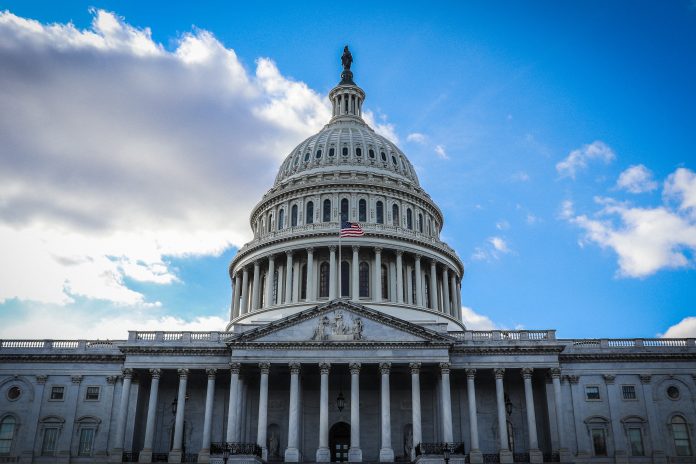A report by a US Senate Committee has described the National Counterintelligence and Security Center as being ‘paralysed by dysfunction, lacking resources and confused about its mission’.
According to Cyberscoop, the report said that the center’s inability to adapt to the growing role of cyber and the ‘whole-of-society threat landscape’ are amongst several factors contributing to the organisation’s decline.
Senate Intelligence Committee Chairman Mark Warner (D-VA) said that intelligence traditions have ‘changed dramatically’ from the post-war era and from the Cold War era. He added that the report comes at a time when the US is locked in a battle with China that will ‘define who becomes the security and economic leader of the 21st century’.
The report said that because US adversaries now have access to a much wider range of tools for influencing the country’s officials and inflaming social tensions, the counterintelligence center must gain real authority and modernise its mission and strategies.
The report detailed, “There is no consensus as to whether certain emergent threats, particularly foreign malign influence and cyber threats, fit within the definition of counterintelligence.
Cyberscoop noted that the report was billed as a ‘bipartisan assessment’ of foreign intelligence threats and was based on research conducted by non-partisan committee staff.
The report also paints a picture of counterintelligence center leadership caught flat-footed in the face of a rapidly changing threat environment. The report said, there is currently no consensus on whether the counterintelligence center should be internally focused or if it should instead embrace a broader mission to defend the United States as a whole rather than just individual intelligence entities and their ‘parochial operations.’
The report suggested that the center’s deficiencies have left the larger US counterintelligence apparatus without a key player, saying that the center only plays a marginal role in offensive counterintelligence despite the disciplines importance.
Warner said, “The United States faces a dramatically different threat landscape today than it did just a couple of decades ago. New threats and new technology mean that we have to make substantial adjustments to our counterintelligence posture if we are going to protect our country’s national and economic security.”
Copyright © 2022 RegTech Analyst
Copyright © 2018 RegTech Analyst






